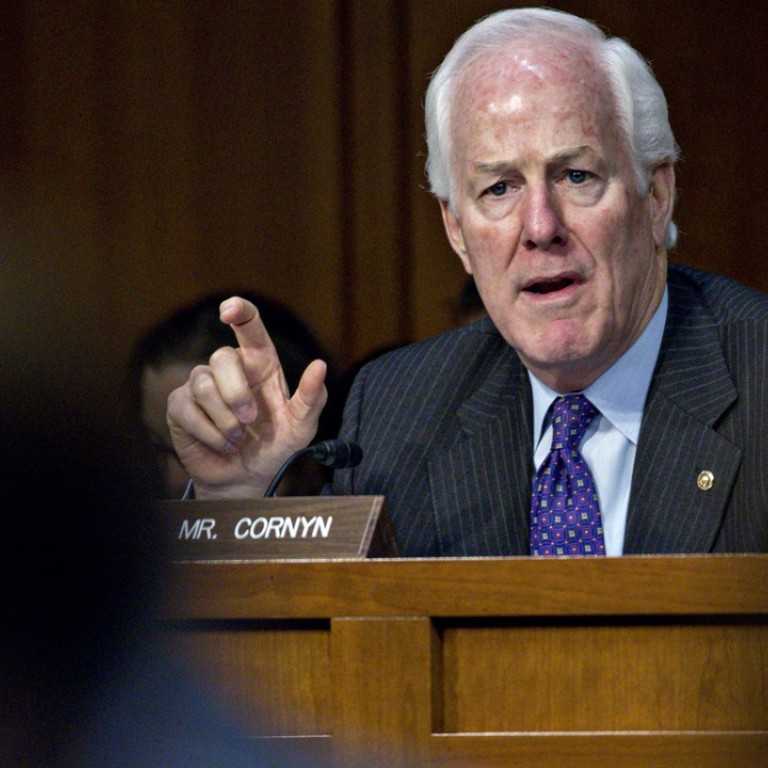
How Chinese buyers of US tech can get deals done under tighter US scrutiny
A bipartisan group of lawmakers in the US Congress unveiled bills to toughen US foreign investment rules amid growing concern about Chinese deals
Chinese buyers need to get ahead of the US foreign investment review process as Washington moves to tighten scrutiny of offshore acquisitions of US companies, particularly tech firms, observers say.
A bipartisan group of lawmakers in the US Senate and House of Representatives introduced bills on Wednesday to toughen US foreign investment rules amid growing concern about Chinese deals.
Senator John Cornyn, a member of the Republican leadership who is on the Senate Intelligence Committee, introduced a Senate bill to broaden the government’s power to stop foreign purchases of US firms by strengthening the Committee on Foreign Investment in the United States (CFIUS).
Rep. Robert Pittenger, a North Carolina Republican, introduced an identical bill in the US House of Representatives.
The proposed expansion of CFIUS’s powers is being driven by growing worries in Washington about national security risks and the fear of the US losing its technological edge as China steps up development of home-grown technology and acquisition of US technology to become a global innovation leader.
As the US review process tightens, “Chinese companies have to do more work up front”, said Daniel Rosenthal, a Washington-based associate managing director with global risk consultancy Kroll.
“They have to anticipate what the concerns would be and take steps proactively to address them, which will help build trust with the committee and will get the parties closer to where they need to be, ultimately, to get the deals done,” Rosenthal said.
The proposed US legislation “strengthens and modernises CFIUS to give the government the necessary tools to better track and evaluate Chinese investment,” said Pittenger, one of the bill’s sponsors. Rising Chinese investment is evidence of “state-driven efforts to target critical American infrastructure and disrupt our defence supply chain requirements,” he said.
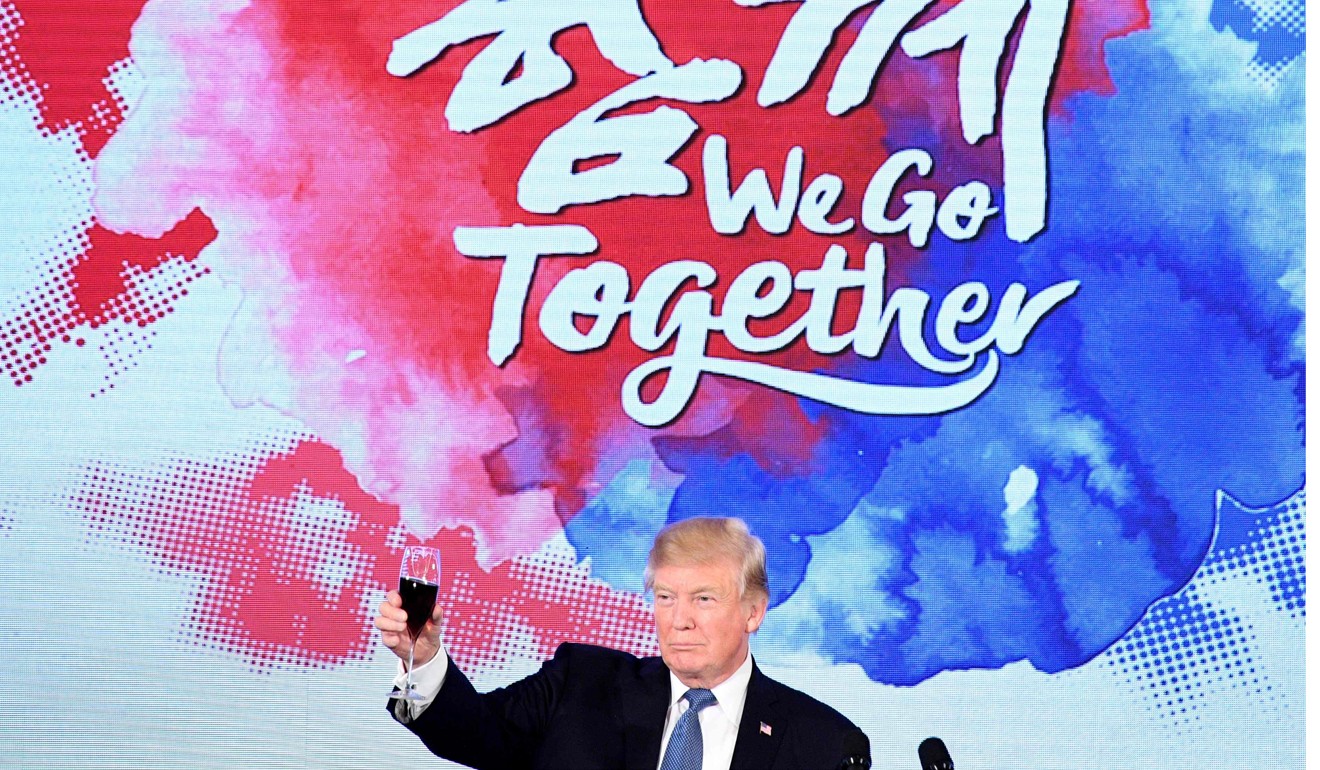
The legislation would expand investigations by CFIUS to include minority investments in “critical technology” or “critical infrastructure” and joint ventures where technology companies contribute intellectual property, according to a copy of the proposal seen by Bloomberg.
While CFIUS reviews are technically voluntary, the bill would require foreign investors that are at least 25 per cent owned by foreign governments to go through CFIUS when they are acquiring at least a 25 per cent stake in a US business.
Before the bill’s unveiling, Rosenthal told the South China Morning Post that it had major implications for Chinese investors in that it “would change the presumed legal standards that CFIUS uses when it evaluates deals from certain countries”, and “switch the burden of proof to the parties instead of the government on the national security question”.
“CFIUS [now] works under the presumption that the deal will be approved, and [the panel] will block a deal if there are unmitigable national security risks,” he said.
The bill would allow the government to deny deals to investors from some countries unless the parties could prove there were no national security concerns. China could be among those designated countries, he said.
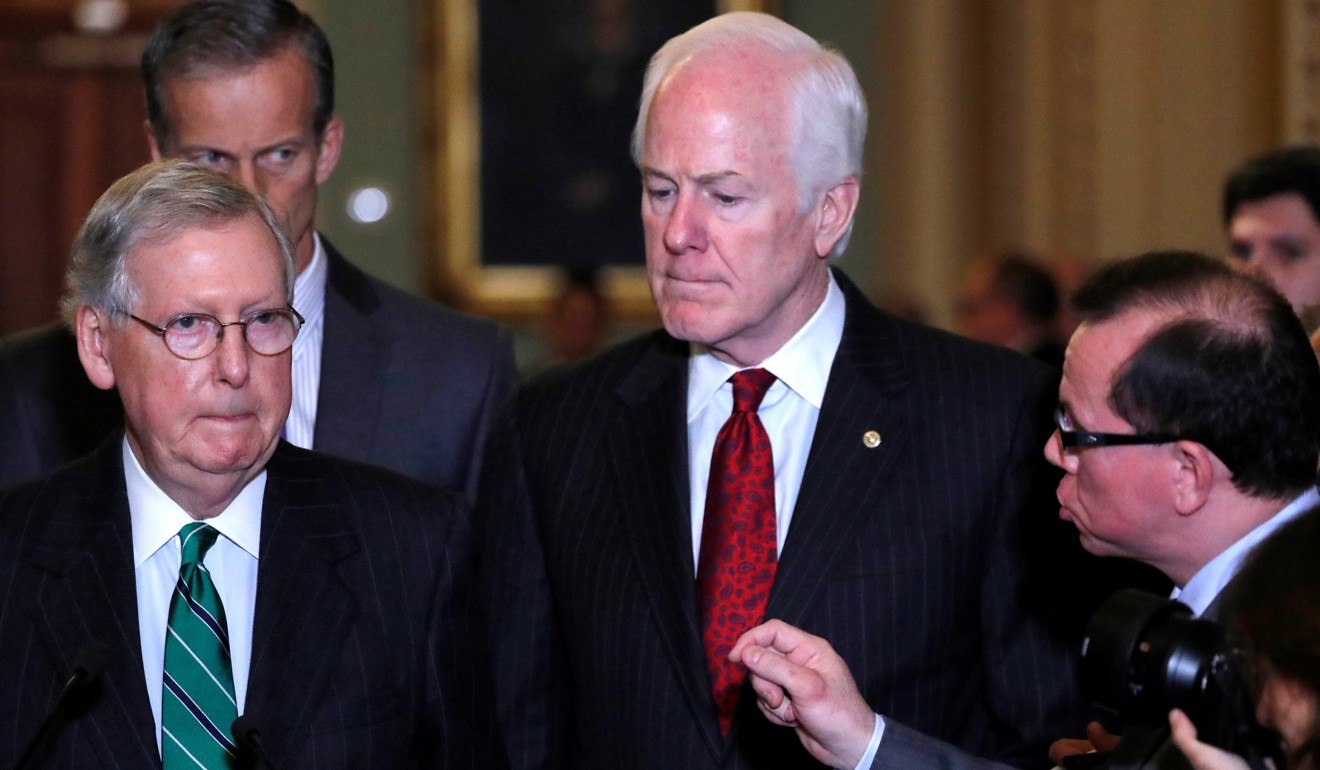
CFIUS specialists suggest that Chinese firms remain flexible and take more proactive steps to increase a proposed transaction’s chances of winning approval.
Keeping the panel’s potential issues in mind before completing a deal would enable a Chinese firm to later present the agency with detailed proposals for protecting sensitive information that may be transferred outside the US, they said.
Transactions would have a greater chance of getting a green light if backers could show CFIUS that an effort has been made to address these concerns.
A lawyer who previously worked with CFIUS and the US Treasury Department said Chinese investors, from the government to private business, should borrow Japan’s strategy to cement their US footprint.
“The Japanese government had a clear plan about the layout of Japanese investment across the US,” the lawyer said. “Its companies did not crowd in individual states or the business sector, and they have paid attention to maintain good interaction with senators to win their support.
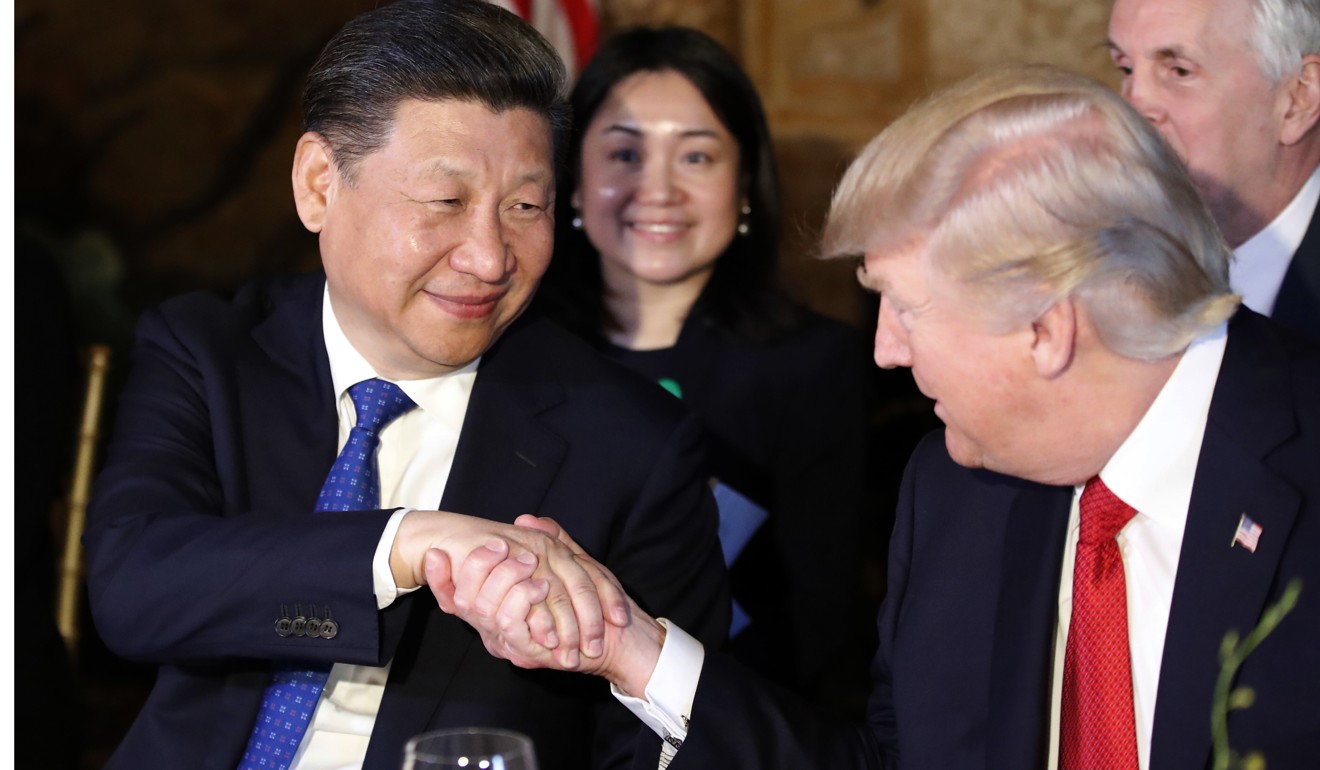
“Chinese companies and authorities should learn from their neighbour.”
Violet Ho, senior managing director for Kroll’s Greater China, Investigations and Disputes, said there was “no doubt that CFIUS is used more often and more widely now”.
But Chinese buyers were “getting more sophisticated and they have learned from their past mistakes”, Ho said.
“In the past, part of the reason that some cases were blocked or denied is that Chinese acquirers were unable to present convincing arguments to dispel the US government’s concerns on national security or modify the deal or do something to mitigate concerns,” Ho said.
Now, they were “treating the review with a more proactive attitude, knowing where the US regulators come from and recognising that there are tangible ways to mitigate risk going forward”.

China has led CFIUS filings in recent years. From 2013 to 2015, China’s cases, excluding Hong Kong, accounted for 20 per cent of the total caseload, according to the panel’s latest annual report to the US Congress.
CFIUS is chaired by the US Treasury Department. It also receives input and guidance from the departments of state, commerce, justice, defence, energy, homeland security, the office of the trade representative and the office of science and technology policy.
The panel blocked a Chinese consortium’s US$3.3 billion deal to acquire Dutch electronics giant Philips’ LED lighting components and automotive-lighting unit in January last year. In February, Tsinghua Group, a state-controlled chip maker, terminated an agreement to take over Western Digital, a US data storage and processing firm, after CFIUS said it would launch an investigation into the deal.
With China critics playing a key role in the White House’s China policy, Chinese investments, particularly in the technology sector, are expected to be under heavy scrutiny.
On CFIUS’s recommendation after a lengthy investigation, US President Donald Trump in September blocked Canyon Bridge Capital Partners, a private equity firm believed to be Beijing-funded, from acquiring US chip maker Lattice Semiconductor for an estimated US$1.3 billion.
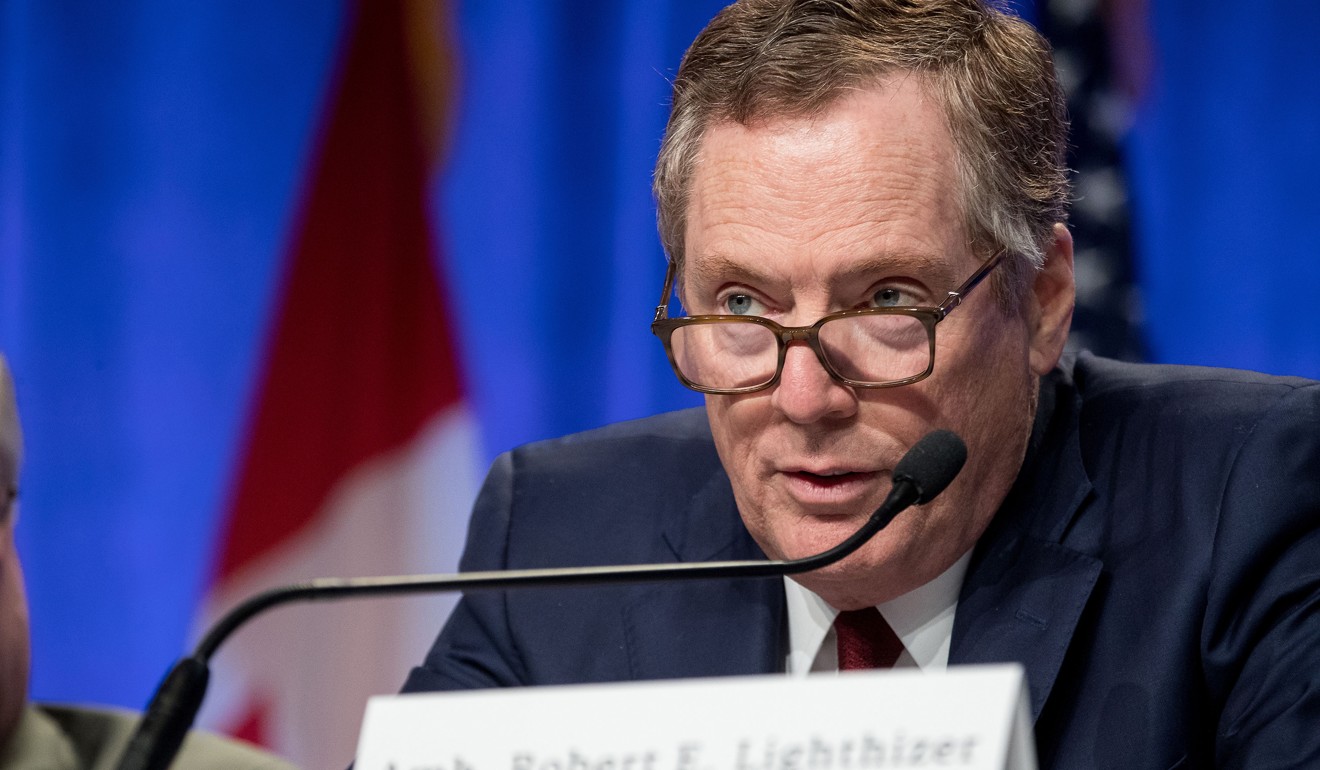
A month earlier, the US launched an investigation into Chinese laws, policies and practices related to suspected intellectual property theft under Section 301 of the US Trade Act of 1974. The Trump administration accused the Chinese government of “unfairly” directing Chinese companies to obtain cutting-edge US technology via “systematic” investment and acquisition.
Cui Fan, a professor with the University of International Business and Economics, said he hoped Trump’s China visit would be a chance to ease China-US strategic distrust and create the conditions to revive talks on a bilateral investment treaty, making national security reviews for both countries more transparent.
From the US’ position, the proposed treaty would give US companies wider access to the Chinese market, but only after the US made progress on other trade issues.
To that end, Cui said, some Chinese companies could be required to drop or reconsider plans to acquire US companies.
Trump’s Beijing visit came as CFIUS was acutely understaffed, leading to an “overstock of cases”, he said.
“About 60 to 70 cases have lain idle in CFIUS, which will not only lead to greater costs but also become a barrier to investment,” Cui said.
Additional reporting by Reuters, Bloomberg

